Juice and Health: Squeezing the myth
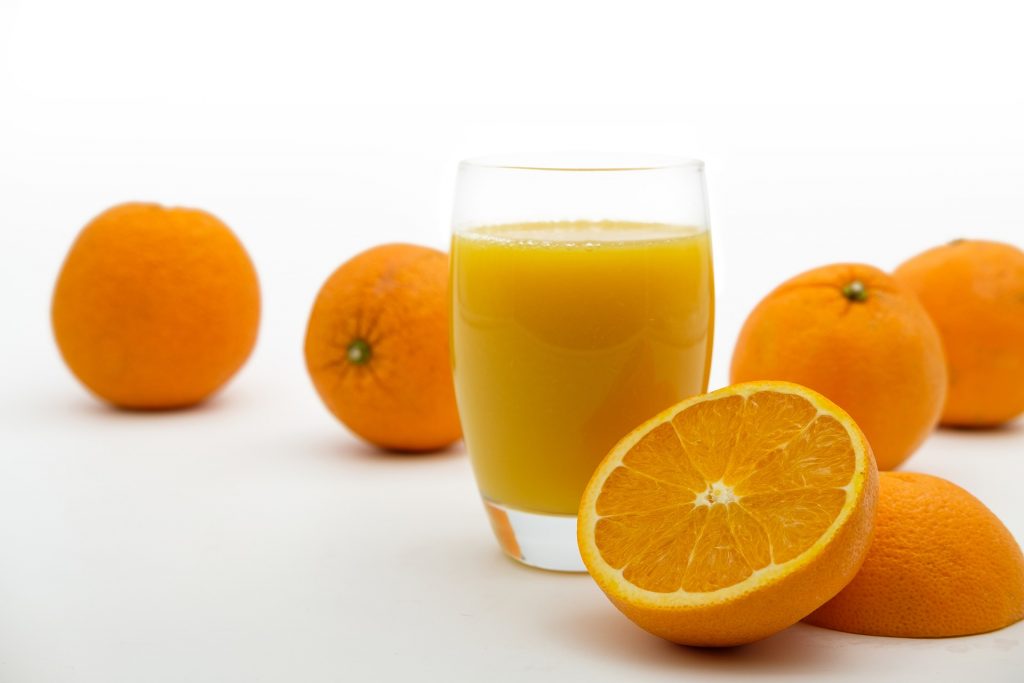
Industrial baked goods or sweets are products that are easily identifiable as being harmful to health due to their high sugar or fat content, but other foods such as sugary drinks, including fruit juices, continue to be perceived as being beneficial to the health of children, although they might not be. A study by the […]
Possible origin of the “toxic cascade” that triggers Alzheimer’s discovered
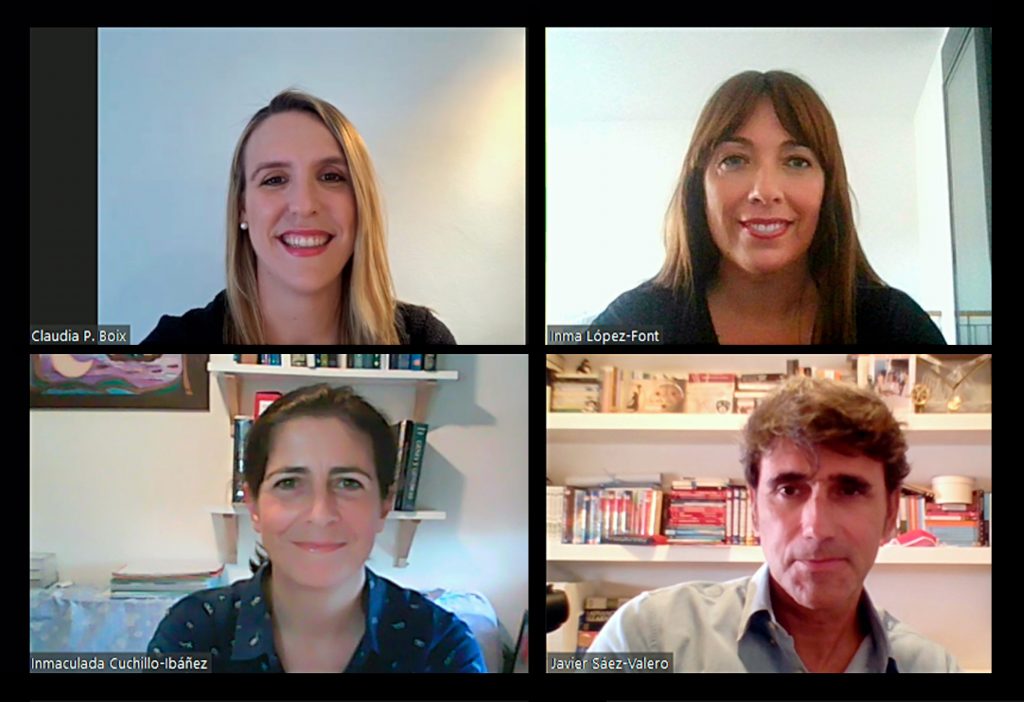
The laboratory of the researcher from the Neurosciences Institute, the joint centre of the Miguel Hernández University (UMH) and the National Scientific Research Council, Javier Sáez Valero, has published the results of research that points to the possible triggering mechanism for Alzheimer’s. The results of this research could be applied, in the short term, to […]
Professor Elsa López appointed European representative for a global initiative for the rational use of antibiotics
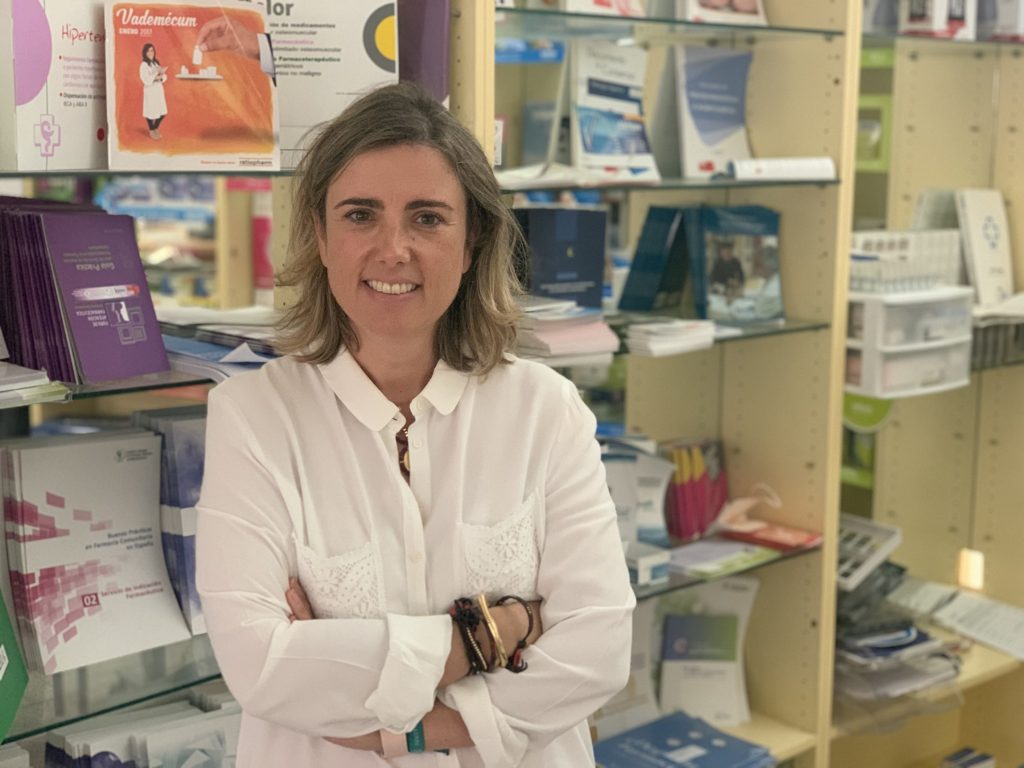
Pharmacy and Pharmaceutical Technology professor from the Miguel Hernández University (UMH) of Elche, Elsa López Pintor, has been chosen to be the European representative of the Global Respiratory Infection Partnership (GRIP). Her role in this partnership will be promote educational, political and public health initiatives that strengthen the role of pharmaceutical personnel in the optimisation […]
A robot so that brain-damaged patients can recover at home
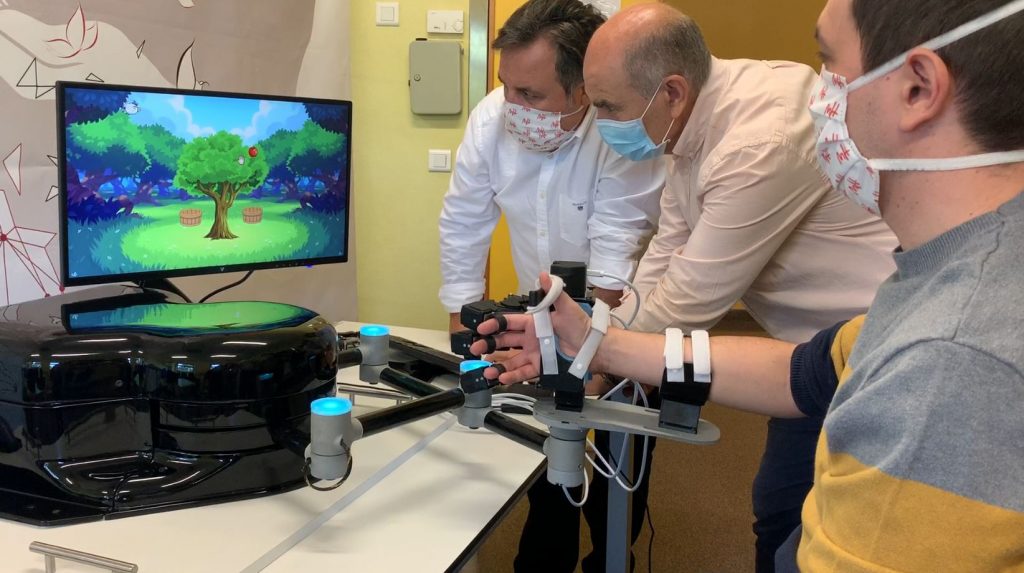
To maximise motor recovery for people with acquired brain damage. This is the objective of the robot created by researchers from the Biomedical Neuroengineering Group from the Miguel Hernández University (UMH) of Elche and the iDRhA spin-off so that those patients with arm or hand mobility problems can continue their rehabilitation at home once their […]
A mobile application for children with Autism Spectrum Disorder (ASD)
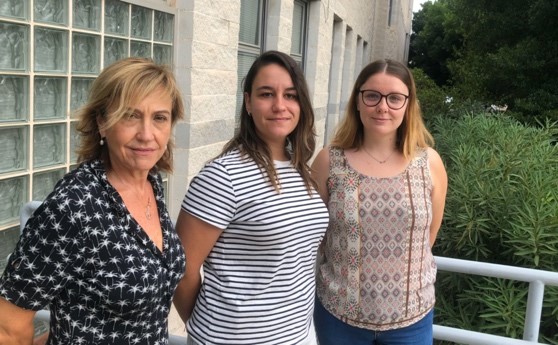
Indra and the Universia Foundation have awarded 19,000 euros to the Anticipa-TEA project of the researcher from the Public Health Department of the Miguel Hernández University (UMH) of Elche, Manuela García de la Hera. The project of the professor and researcher from the Nutrition Epidemiology Unit (EPINUT) of the UMH, García de la Hera, intends […]
The bacterial load of chewing gum persists even weeks after being in the ground
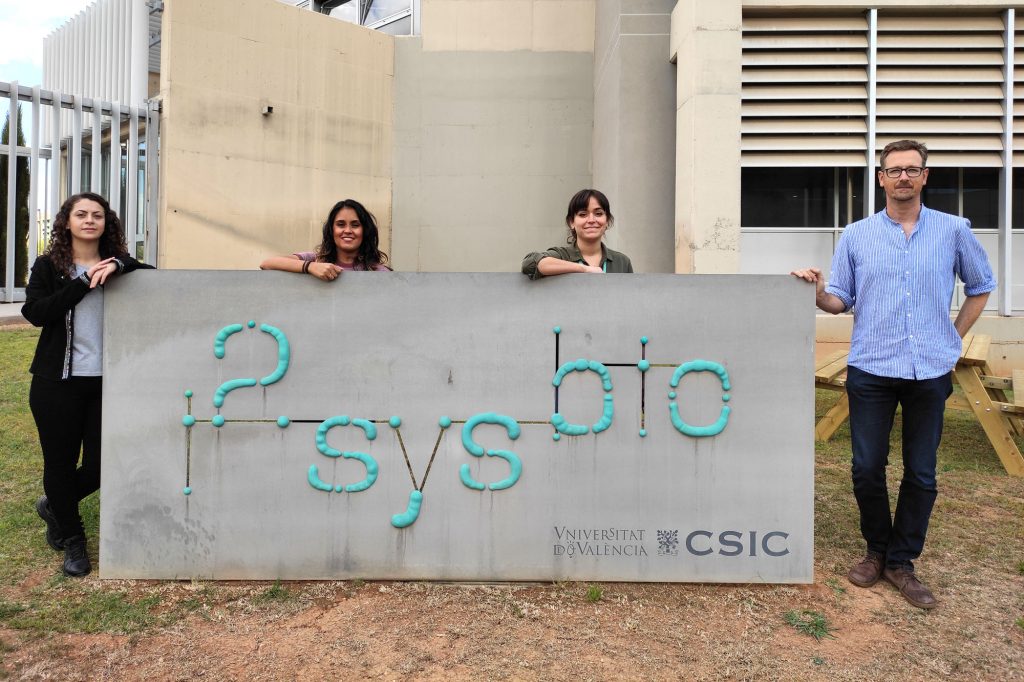
Researchers from the Institute of Integrative Systems Biology (I2SysBio), a joint centre of the University of Valencia and the CSIC, has analysed the wasted chewing gum bacteria from five different countries. The research, just published in the journal ‘Scientific Reports’, shows that the bacterial load of gum changes in a matter of weeks and that oral bacteria persist surprisingly long enough when gum is in the ground. This research can be applied in forensic medicine or control of contagious diseases.
The role of dopamine in neurons involved in some psychiatric disorders investigated
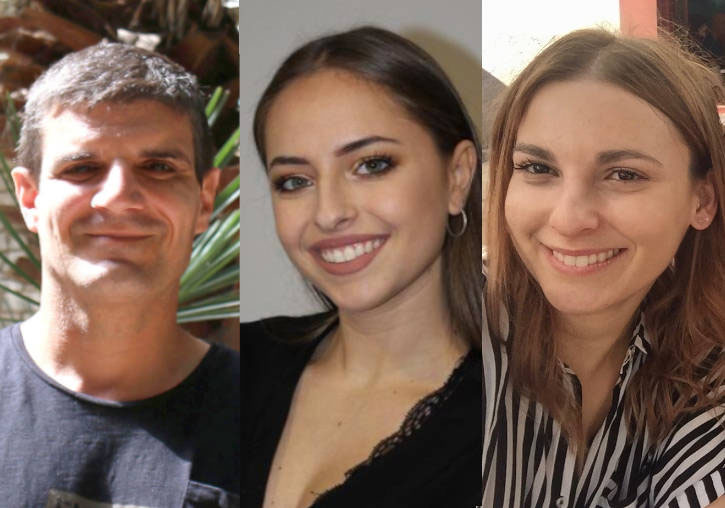
Juan Nácher, professor of Cell Biology at the University of Valencia (UV), has conducted research on the role of dopamine – a substance in the brain important in behaviours – in a population of immature neurons in the adult brain, which could be involved in some psychiatric disorders, mainly depression. The work, published in the journal ‘Frontiers in Neuroscience’, suggests a new target in the treatment of these conditions.
Ana Lluch, a passionate and committed ‘double agent’ in the fight against breast cancer
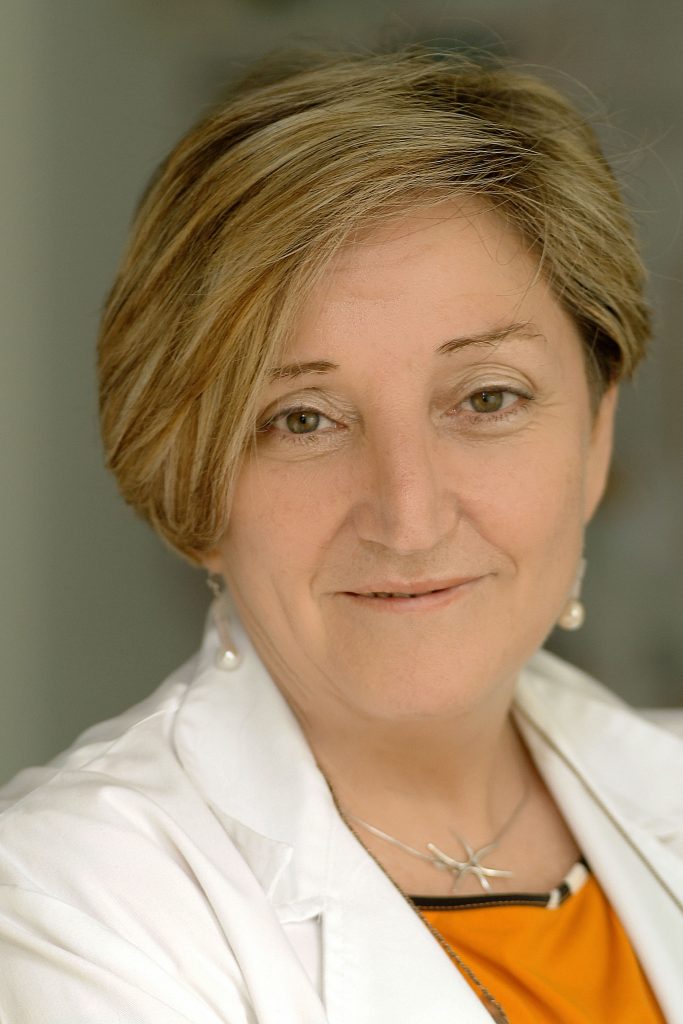
It is a pleasure for me to draw a profile of Professor Ana Lluch, whom I have known, in a very close way, since the beginning of our professional career, and to underline her multiple merits and scientific and personal qualities. Since the beginnings of her career, Ana focused her efforts on research and knowledge […]
One in five hoaxes on WhatsApp about COVID-19 deals with its prevention or cure with substances or actions
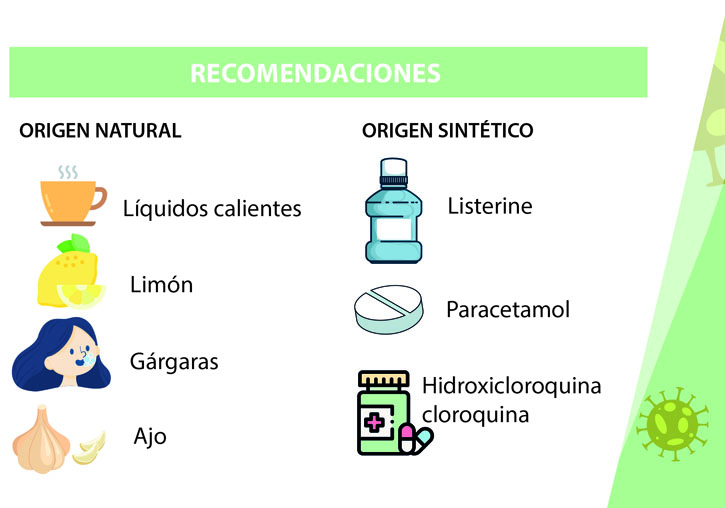
Three researchers from the University of Valencia led by the professor of Journalism Carolina Moreno have published a study in which they analyse the hoaxes disseminated through WhatsApp in Spain during the COVID-19 pandemic, with the aim of identifying what type of substances were promoted to be consumed. One in five text, video or audio threads was about the prevention or cure of the coronavirus, arguing on the principle of medical authority and basically promoting the use and consumption of substances of natural origin.